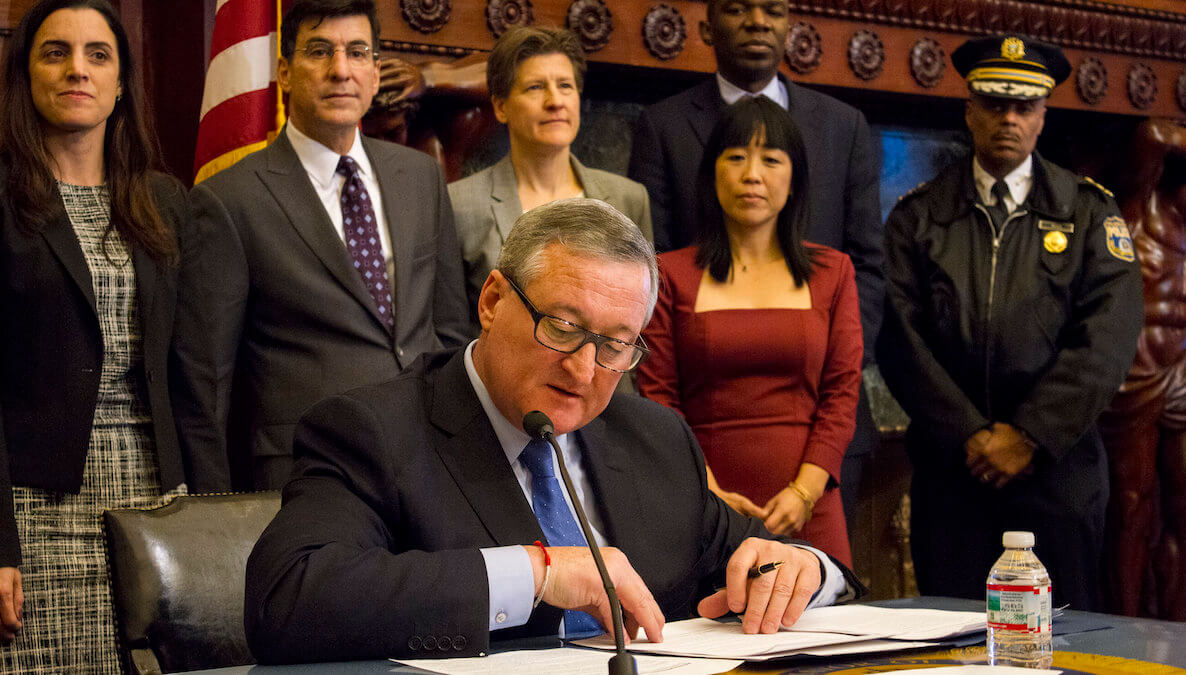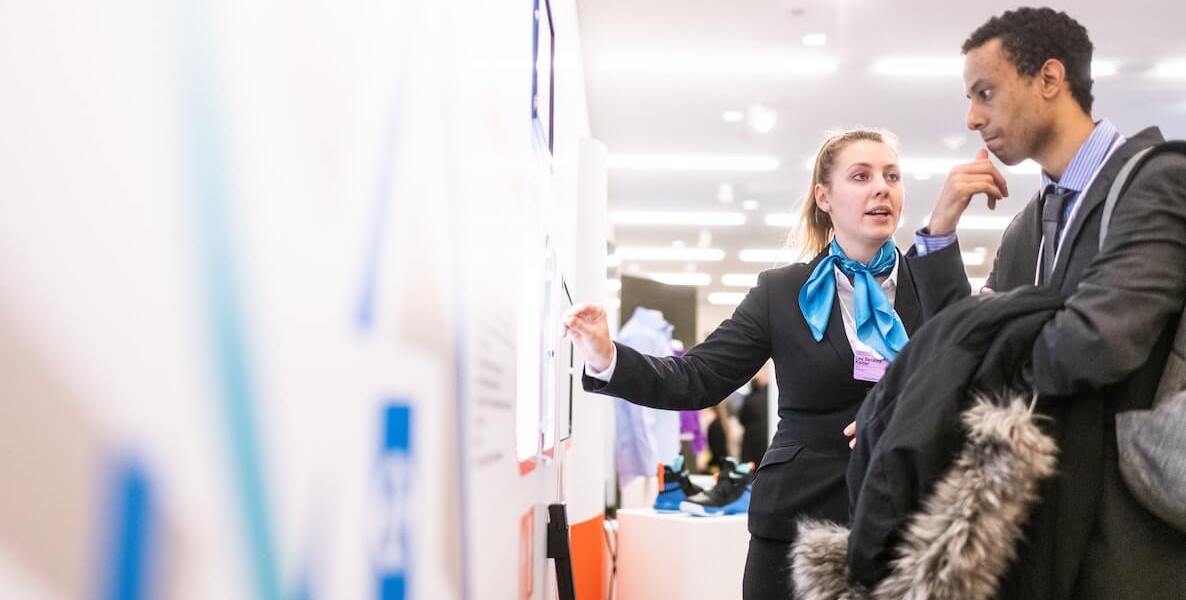The U.S. labor market is currently an oxymoron. There is a labor shortage even with 9.8 million Americans looking for work and a 6.1 percent unemployment rate. With increased health risks, precarious child care situations, and enhanced unemployment benefits, the April jobs report comes as no real surprise. The pandemic triggered a new cost-benefit analysis for many workers. Apparently, quite a few decided not to rush back to inferior jobs.
But the end of the supplemental jobless benefit is looming and vaccine rates are climbing. While much of the world was unprepared for the current public health crisis and economic reallocation shock from COVID-19, many in the workforce are now considering new options.
MORE ON THE PHILLY TECH SCENE
For those who want to change careers, the stakes are high. The pool of competition is now larger, global even. Time, energy, and money are scarce and precious. On Tuesday, the nonprofit I founded, Future Works Alliance PHL, is launching a series of free events where the leaders of local tech training programs will answer questions and help people find the right upskilling path.
Not sure what to ask? Here are 10 questions to get the conversation started.
What is the cost of the tech training? Who pays for it?
Some training programs charge tuition and others share the costs with employers who hire new trainees. Other programs charge the trainee a percentage of their salary after they get a tech job. Non-profit programs can also accept donations. Quality programs are financially stable and it is good to understand the business model.
What are the dosage and duration?
How many hours per week are required over what months? How much time is necessary for independent work? Are there one-on-one supports, if needed? It is important to assess the intensity and pace balanced with other life demands.
Which IT certificate is earned?
Start at the beginning but know where the career growth can go. Different IT certificates align with different career paths. For example, this resource from Comptia shows the certificates and career pathways in the fields of IT Infrastructure and Cybersecurity. In addition, Cloud, Web Development, and Big Data are some tech fields with different certificates and various degrees of difficulty. Tech changes rapidly. It is important to know what is relevant and emerging.
Does the program recruit trainees? And if so, from where?
Tech training organizations can actively recruit with a diversity strategy in mind—or not. Learning is a social endeavor and racial and gender diversity make a richer learning experience.
Are there prerequisites for initial assessments?
Many tech training programs require some evidence of basic skills to start. A high school diploma, or an initial skills assessment, and an interview could all be required. If this is onerous or selective, it could affect diversity. If entry is too easy, it can affect the quality of the program and affect drop-out rates. Learning works best with focused and enthusiastic people. Programs should have data about enrollment, attrition, completion, and job placement rates. If they do not, how can they continually improve?
Where is the course conducted for in-person, hybrid, or online?
Humans are social creatures. Research indicates in-person instruction is better than online learning, especially for people who struggled academically in the past. A dedicated time and convenient location motivates people and boosts completion rates. Online courses and recordings supplement when in-person is not possible.
Do the instructors work in the tech industry?
Right now, skilled tech experts are in high demand. It is hard to find people willing to teach tech when they can make more money doing tech projects. Look for instructors who are still in touch with the latest tech developments. Ideally, instructors share some similar life experiences with trainees too.
Do programs work with employers consistently to hire graduates?
Employers should be involved in the tech training curriculum, skills, mentoring, and hiring. When employers help design the coursework and then consistently hire from the program over years, this is a strong seal of approval.
What do graduates say about the program?
Beyond anecdotal testimonials, a quality program should have aggregate survey data from participants to show the strength of their word-of-mouth marketing: What is the likelihood a trainee will recommend this program to a friend or family member?
Join Future Works Alliance PHL for Got Tech Training? The Future is Now, May 26, 9:3am, virtual. RSVP here.
Anne Gemmell is the founder of Future Works Strategy, a consulting business focused on future-proofing. She is the former director of Special Initiatives in the City of Philadelphia Office of Workforce Development, where she was responsible for creating strategic plans focusing on emerging technologies, their effects on talent pipelines and actions for “future-proofing” our local economy. A longtime policy strategist, she also worked with the Kenney administration on the equitable design, advocacy and successful funding of the PHL PreK program.
Header image, from left: Stephanie Castaños, Jessi Wilcox and Patrick Callihan—speakers for the first Got Tech Training? series.











